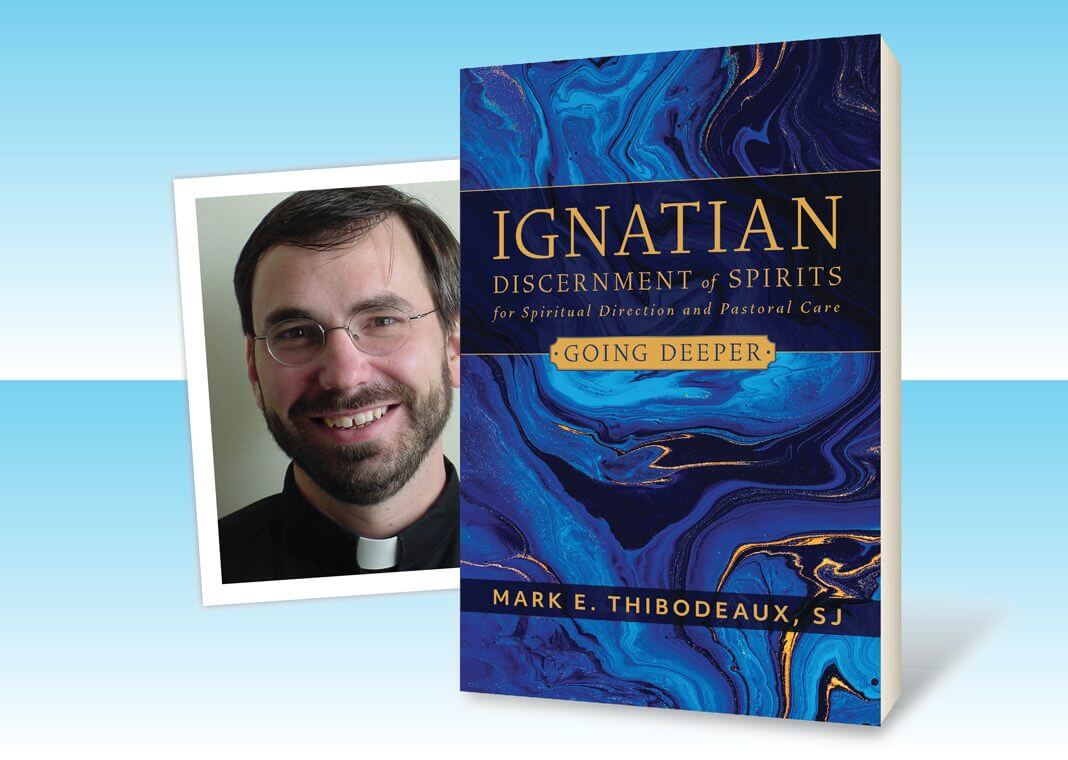All of us are rightly wary of the incorrect reduction of the concepts of desolation and consolation to merely feeling bad and feeling good. But the reason this misconception is so persistent is that we do indeed usually feel good in consolation and usually feel bad in desolation. It’s an understandable mistake, then, to reduce such states to those feelings. We are not helped by the Autobiography when St. Ignatius seems to reduce the states to “sad” and “joyful.” In that spot in the autobiography, Ignatius is showing us how simple was his own understanding of these states as he began the spiritual life. Note that as a beginner in the spiritual life, he had no notion of false consolation. In his Rules for Discernment of Spirits he delves into the subtleties of the spiritual life and no longer reduces the states to “sad” and “joyful.” He now has a name for the experience of feeling consoled while unknowingly being in the state of desolation. He calls this state false consolation and rightly explains that it is, in fact, desolation. With this third state, we can put together a matrix:
When it feels like consolation and it actually is, Ignatius calls it consolation. Likewise, when it feels like desolation and actually is, he calls it desolation. He then adds nuance by giving the name false consolation to the state in which it feels like consolation but actually is desolation. But the matrix exposes a lacuna. What might we call the state in which it feels like desolation but actually is consolation? Ignatius has no name for this. Instead he lumps the experience in with “regular” consolation, saying that consolation can be accompanied by tears of sorrow or of joy.
Not having a name for this experience is a problem because it is an incredibly common occurrence. To name just a few examples, we might experience grief, psychological depression, righteous anger, and fear, yet still be in sync with God and have great desires for faith, hope, and love. We might be suffering from unrequited love or from dry prayer. We might—despite our best efforts—have failed at something important to us and are terribly sad about it. These kinds of experiences happen to us all the time. We need a name for it if we’re going to be using this language regularly in pastoral counseling, spiritual direction, and so on. For the past several years, then, I have been using the term difficult consolation to refer to this spiritual state of being. The people to whom I’ve introduced this term—such as spiritual directees and novices—have found it tremendously helpful, as have I as their director.
We have learned that St. Teresa of Calcutta had terrible interior struggles for decades. The experience is painfully laid out in the posthumously published memoir Come Be My Light. When giving workshops on discernment of spirits, I am often asked about her situation. It is indeed a puzzling case. How could someone who was so in sync with God and who so obviously passionately pursued faith, hope, and love be considered to be in desolation all that time? It seems to me that as we traditionally think of consolation and desolation, Mother Teresa simply doesn’t fit the categories. However, she could be the patron saint of those in difficult consolation. She fits the description perfectly: she was in fact in consolation. We know this by her unquestionable sanctity and love for humankind. But she was also miserable, and she interiorly experienced the feelings of desolation. She was in difficult consolation. The same might be said of St. John of the Cross’s experience of the “dark night of the soul.”
—Excerpted from Ignatian Discernment of Spirits in Spiritual Direction and Pastoral Care by Mark E. Thibodeaux, SJ

